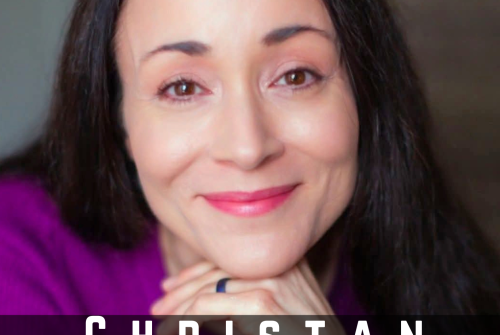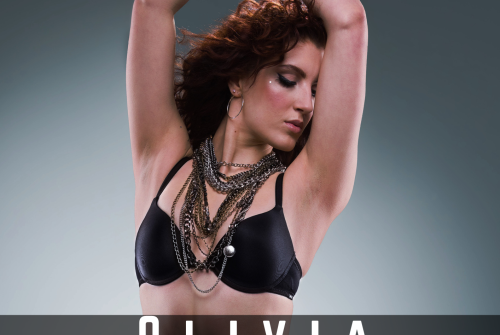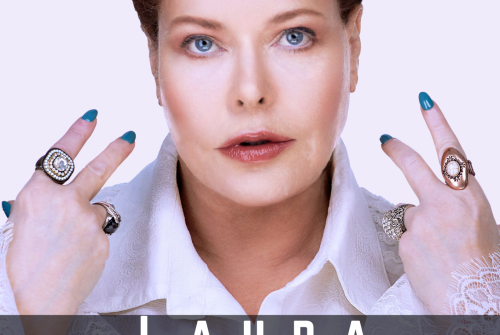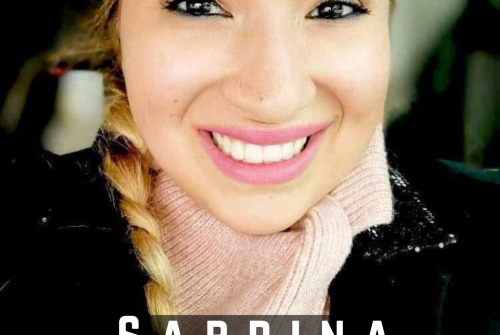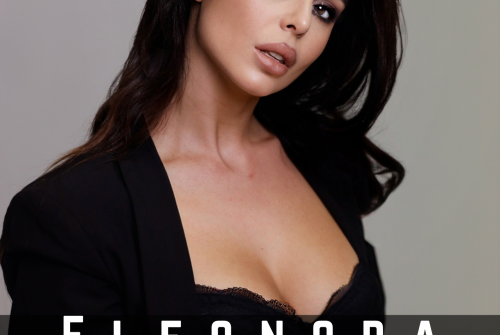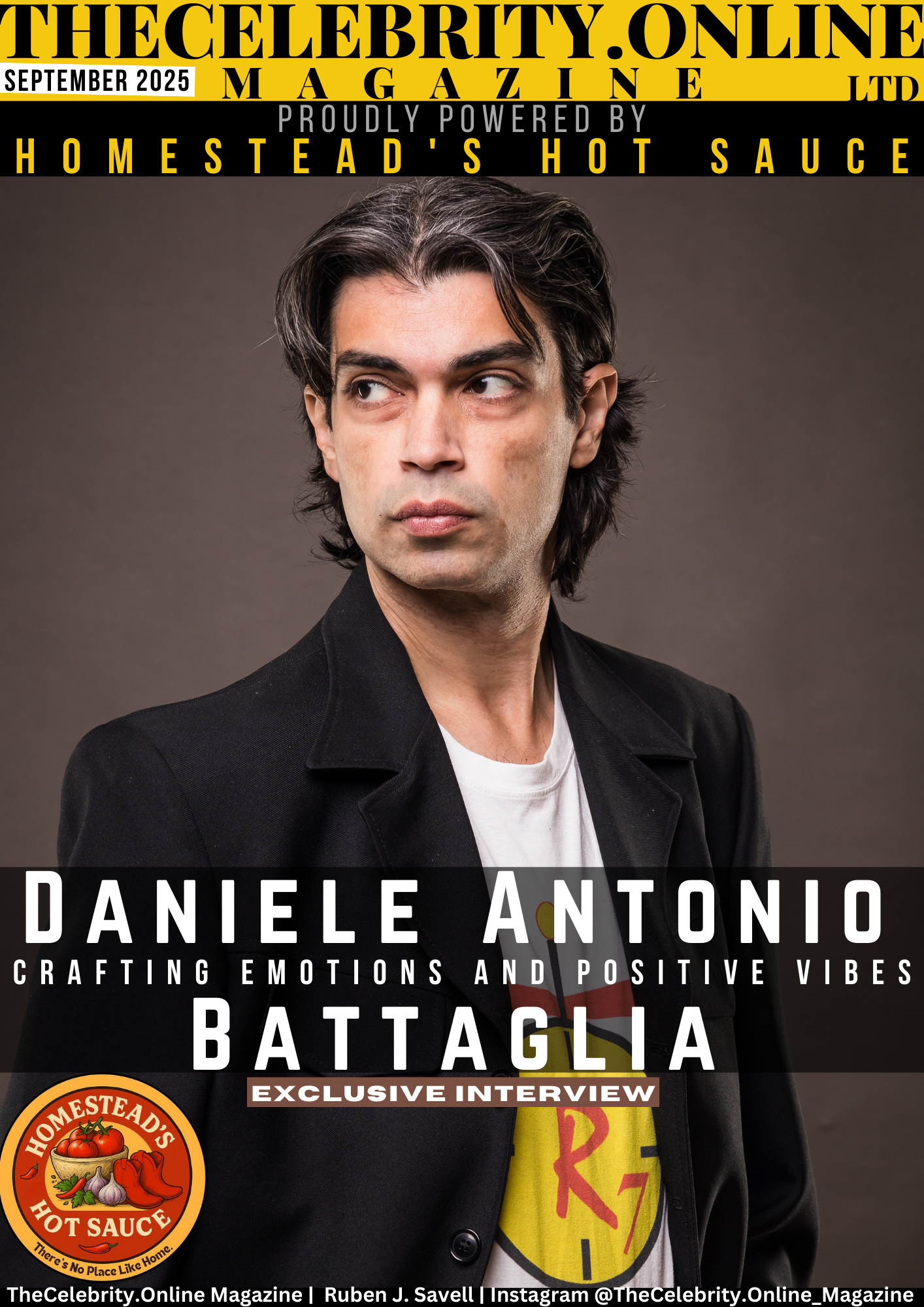
Daniele Antonio Battaglia was recently interviewed by TheCelebrity.Online Magazine and below is the Q&A session we had with Daniele.
Daniele Antonio Battaglia As Cover Story Interview – September 2025 Magazine Edition
How do you introduce yourself?
I’m Daniele Antonio Battaglia, and you could say I’m a problem-solver at heart. My professional journey as a writer, actor, and manager has been driven by a deep curiosity for every arts area. I thrive on challenges and enjoy collaborating with teams to turn ambitious ideas into reality. I’m passionate about improving and using my skills to create emotions and positive vibes for the audience.
What hardships did you face in your life & career?
One of the most significant challenges in my career was basically when I was still young and I had to fight against all odds because nobody believed in my skills, or at least, they thought I was just a dreamer because I was trying to become an actor and writer. It was a difficult period, but it forced me to become more resourceful and creative. By the way, all the negative approaches I received at that time gave me the energy to face everything to show what I can do and who I am. Otherwise, I also got another hard challenge when an eyes issue I have has gotten more problematic, and with my heart full of sorrow, I had to leave the job I was doing at that moment for the Software House TuoTempo S.r.L. dispatched at the Customer Care Department, where I had the luck to work with great professional people who believe a lot in my abilities. Really, I loved to fix all those technical issues; I used to feel useful. From those very bad days, I developed the skill to use, somehow, my issue in order to keep working in an art environment. It was uncomfortable at first, but with practice, I gained confidence. This hardship taught me that our biggest weaknesses can become our greatest strengths if we are willing to work on them.
What sets you apart from others?
I believe what truly sets me apart is my unique blend of passion, extreme willpower (I never stop working hard in what I have to do), my analytical skills, and my creative thinking; sometimes I love to think out of the box. While many people in my field are strong in one area, my experience in writing, acting, hosting, teaching, and managing has allowed me to develop all. This allows me to not only analyze data to understand a problem but also to brainstorm innovative and unconventional solutions. I would say it’s my proactive and ‘owner’s mindset.’ I don’t just see tasks; I see outcomes. I naturally take ownership of my work from start to finish, always thinking about the bigger picture and how my contribution can add the most value to the team, both at GS Radio and Compagnia Teatrale Fantasma. This drives me to be meticulous, anticipate potential issues, and always seek opportunities for improvement.
What people usually don’t know about you?
Something people might not know about me is that I seriously thought about becoming a priest. Yes, it sounds pretty strange for those who know me, but it’s true. When I was a teenager, I also began studying for that, but then I understood I liked girls too much to be a good Catholic priest.
What are your upcoming major events?
Professionally, I’m currently focused on the launch of the next educative books, which will be the public speaking course available in Italian, English, and Spanish as well, plus the podcasting book (just in Italian), which is a major initiative aimed at the “Parlare al Microfono” series, where I teach how to work in radio as a speaker and not only. It’s set to go live in January 2026. I am also very excited to be publishing in May 2026 “The Praying Mantis – A Lethal Beauty,” the new spin-off relative to the SharpShooter’s Saga books. In this case I tell the origins of Lauren, the evil French sorceress, devoted to the superior demon Lilith, who used to fight against SharpShooter and the mighty and gorgeous Fire Witch. Actually, I am working on many other projects, not just books, but also in radio and for theater, but honestly, I just would give a little hint about a work I am doing for kids. It’s still early to say when this new project will see the light; I can say it will be a multimedia one.
Where do you draw your inspiration from?
I find inspiration everywhere, but mostly in observing people. I’m fascinated by the small, everyday interactions: a conversation overheard in a café, the way someone waits for a bus. These tiny moments often hold universal truths, and I love to build entire worlds and stories around them. Then, when I need to turn my inspiration from ideas to real words, I listen to music. A particular melody might evoke a certain mood that shapes a chapter, or the color palette of a film might inspire the atmosphere of a scene. It helps me approach storytelling from a different sensory angle.
Can you describe your writing process? Are you a plotter or a “pantser”?
I am definitely a plotter. Before I write a single sentence of the actual manuscript, I spend a great deal of time outlining. I need to know my story’s major turning points, the character arcs, and the ending. This structure gives me the freedom to be creative within a solid framework, ensuring the story stays cohesive. By the way, sometimes it happens while I am writing that a ”flash” inspires me, and then I become a “pantser,” and I let the flow grow up following what I get in my mind at the moment, but always being coherent to the plot. I think this mix allows for genuine moments of surprise for a more exciting reading experience for the audience.
How do you deal with writer’s block?
When I face writer’s block, I treat it not as a lack of creativity; it is just a moment on which I need to think about more, just that. I totally don’t care if this moment is long or short; I know sooner or later inspiration will be back. Basically I don’t do anything special… except listen to music occasionally, just to see if it helps, and if it does not, then I just wait for it.
How do you prepare for a new role?
My process begins with intensive research. I immerse myself in the world of the character—the time period, the social context, the profession. I read books, watch documentaries, and gather as much information as I can. After the intellectual work is done, I focus on finding the character’s physical and emotional core, asking, ‘What do they want?’ and ‘What are they afraid of?’ I use both Strasberg and Stanislavskij methods; therefore, I also read the script multiple times to find an emotional connection, a personal memory, or a feeling that resonates with the character’s journey. From there, I build their inner life through imagination and journaling as the character. The external elements like voice and physicality come naturally once I understand who they are on a deeply human level.
What has been the most challenging character you’ve portrayed and why?
“The most challenging role was ‘The Man with the Flower in his Mouth’ (L’uomo dal fiore in bocca) by Luigi Pirandello, the father of the modern Italian theater. The character was dealing with immense grief, and to portray that authentically, I had to access some very dark and vulnerable emotional places. It was challenging to maintain that emotional intensity for the duration of the shoot/run while also being able to ‘shake it off’ at the end of the day. It taught me a lot about psychological discipline. The role was full of state of mind changes, and its psychology is so deep, going from normality to pure madness.”
What types of stories or characters are you most passionate about bringing to life?
“I’m passionate about stories that spark conversations and have a social impact. Whether it’s a historical drama that sheds light on a forgotten event or a contemporary piece that tackles a difficult social issue, I want my work to do more than just entertain. I want it to resonate with people long after they’ve left the theater or cinema. As an artist, I desire to give all possible emotions to the crow and to leave a positive mark in their soul.”
How do you keep your audience engaged, especially in a radio format where you can’t see them?
In radio, your voice is everything. I focus heavily on vocal variety—changing my pace, pitch, and tone to convey emotion and keep the energy dynamic. I also use the power of the pause. A well-placed moment of silence can be more powerful than words, drawing the listener in and creating anticipation. It’s about painting a picture with sound. On the other hand, it is very important to make the audience feel like they are part of a conversation, not just listeners. I ask rhetorical questions, use inclusive language like ‘we’ and ‘us,’ and create interactive segments like call-ins or social media polls. I try to imagine a single person listening and speak directly to them, making the experience feel personal and engaging.
How do you handle unexpected moments or mistakes when you are live on air or on stage?
I believe in authenticity. If something unexpected happens—a technical glitch, a guest saying something wild—I often embrace it. Sometimes, sharing a moment of genuine, lighthearted humanity with the audience can create an even stronger connection. A bit of self-deprecating humor can turn a potential disaster into a memorable and relatable moment. The goal is to show you’re human but always professional. I’ve learned that listeners and viewers are very forgiving of small errors, but they notice panic. The key is to remain in control and maintain the flow.
How does your preparation and commentary style change when you are covering a football match versus a professional wrestling event?
My role transforms completely. When commentating on football, I am an analyst and a reporter. My preparation involves statistics, team form, and potential strategies. My job is to clarify the ‘what’ and ‘why’ of the action for the listener. When I step into the wrestling world, I become part of the performance. My preparation is about understanding the characters’ motivations, their history, and the purpose of their match in the larger storyline. My job is to amplify the emotion, legitimize the conflict, and help maintain the audience’s suspension of disbelief. In football, I follow the story; in wrestling, I help tell it.
What is your teaching philosophy?
My teaching philosophy is centered around the belief that the classroom should be a space for discovery, not just instruction. I see my role as a facilitator of learning rather than just a dispenser of information. I aim to create an environment that sparks students’ natural curiosity, encouraging them to ask questions, explore their own ideas, and develop critical thinking skills. Furthermore, I believe that when students take ownership of their learning, the knowledge they gain is far more meaningful and lasting. I believe that every student has the potential to succeed, and I want to foster a ‘growth mindset.’ I emphasize progress over perfection and celebrate effort as much as achievement. My goal is to build not only academic skills but also resilience and self-confidence, so my students feel empowered to tackle any challenge.
How do you motivate students who are struggling or seem disinterested?
My first step is always to build a connection. I take the time to talk to the student one-on-one to understand their perspective and interests outside of academics. Often, disinterest stems from a feeling that the material isn’t relevant to their lives. I then try to bridge that gap by connecting the lesson to their passions—be it music, video games, or sports. When a student sees how the subject applies to their world, their motivation often follows.
What will be your Expert Advice to people?
My core piece of advice is to embrace curiosity. Never stop asking ‘why,’ and never assume you know everything. The world is constantly changing, and the most successful people are those who remain lifelong learners. If I can add some, I would also advise everyone to actively build genuine relationships, not just network. Take the time to listen, offer help without expecting anything in return, and be authentic. Technical skills can get you in the door, but strong, trust-based relationships are what will sustain and elevate your career in the long run. Don’t be afraid of failure; be afraid of not trying. Every mistake is a data point. Analyze it, learn from it, and use that knowledge to make your next attempt better. Resilience isn’t about never falling down; it’s about how you get back up.
What are your Social Media handles and website links?
My official website: https://www.danielebattaglia.org/
Facebook: https://www.facebook.com/danieleantoniobattaglia/
Instagram: https://www.instagram.com/rugantino7/
X: https://x.com/Rugantino7
Tik Tok: https://www.tiktok.com/@rugantino7
YouTube: https://www.youtube.com/user/Rugantino7/
LinkedIn: https://linkedin.com/in/daniele-antonio-battaglia
Author Profile at Amazon:
https://www.amazon.com/stores/Daniele-Antonio-Battaglia/author/B00MXTX3XM
Author Profile at Lulu Press:
https://www.lulu.com/spotlight/danieleantoniobattaglia
Instructor Profile at Udemy:
https://www.udemy.com/user/daniele-antonio-battaglia

Tom Harrecks is an Author at TheCelebrity.Online Magazine who has a vast experience of covering interviews in various international media agencies.


